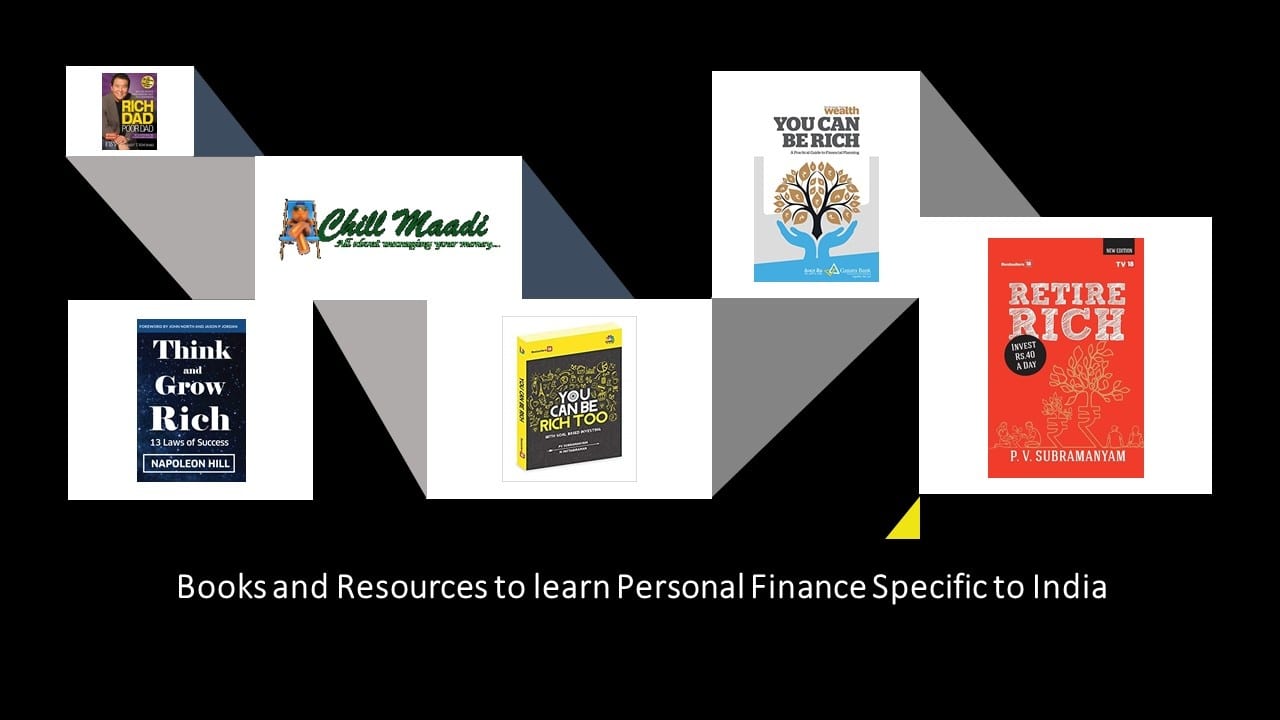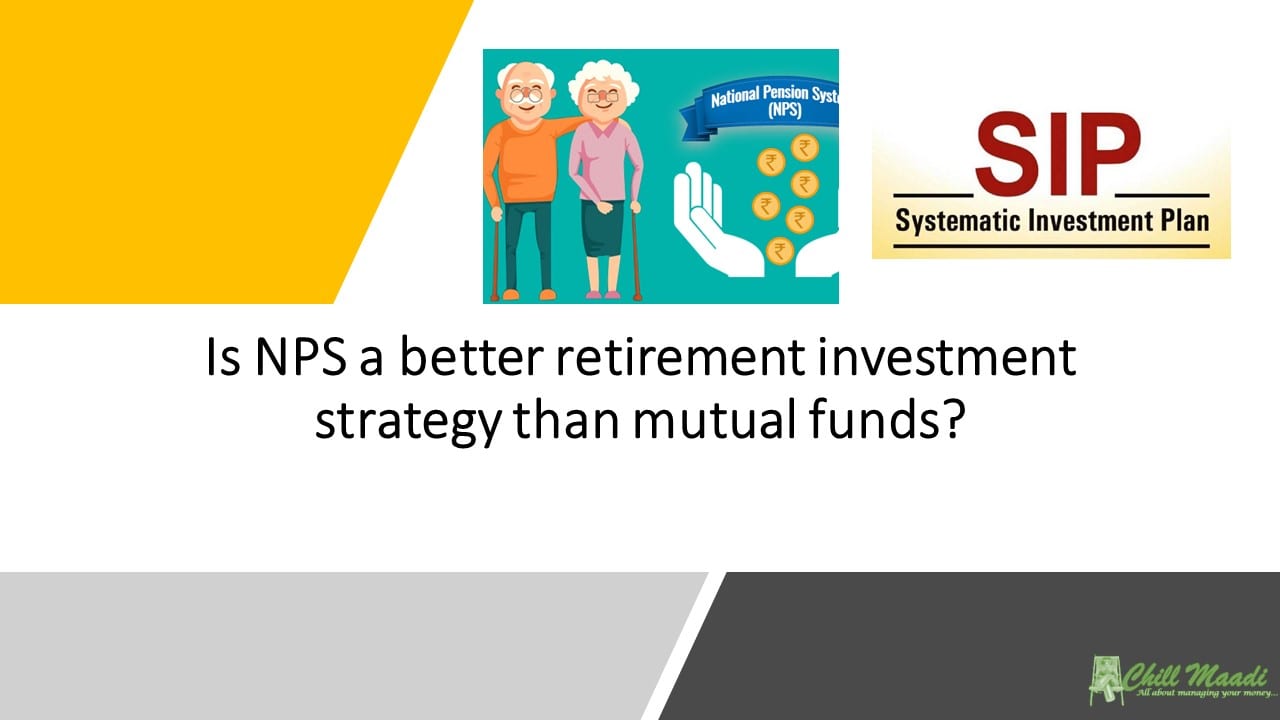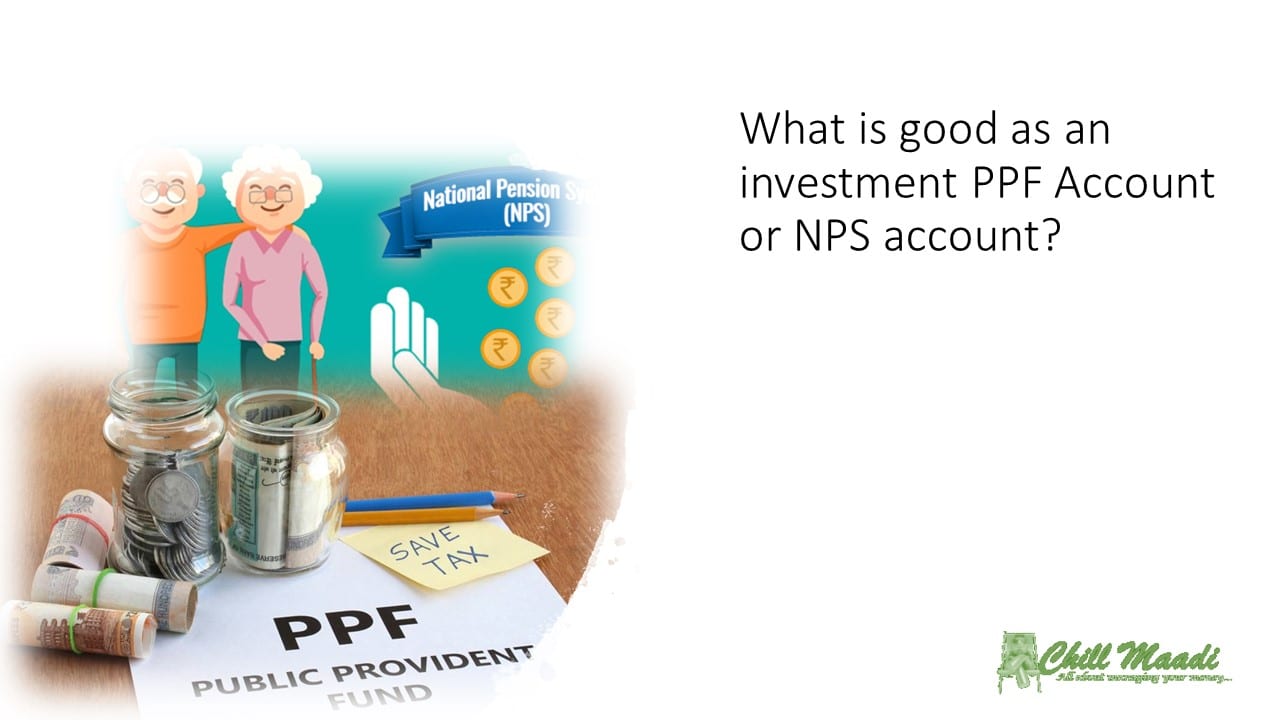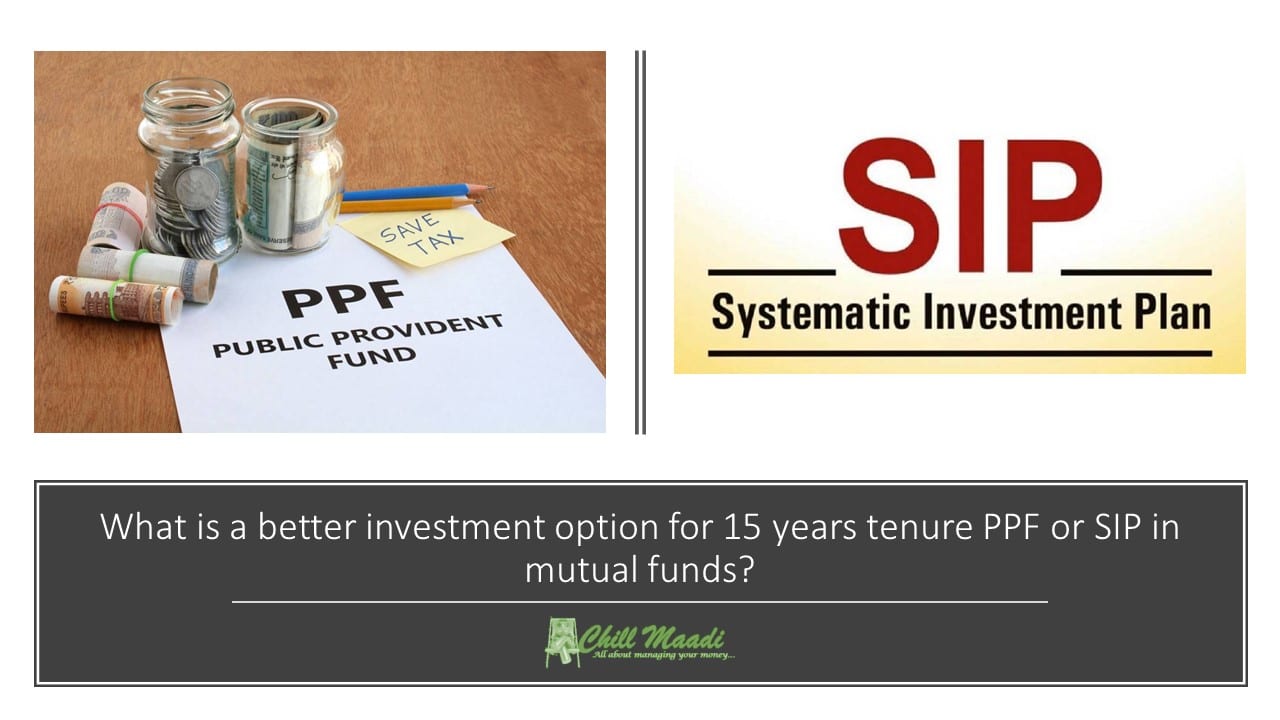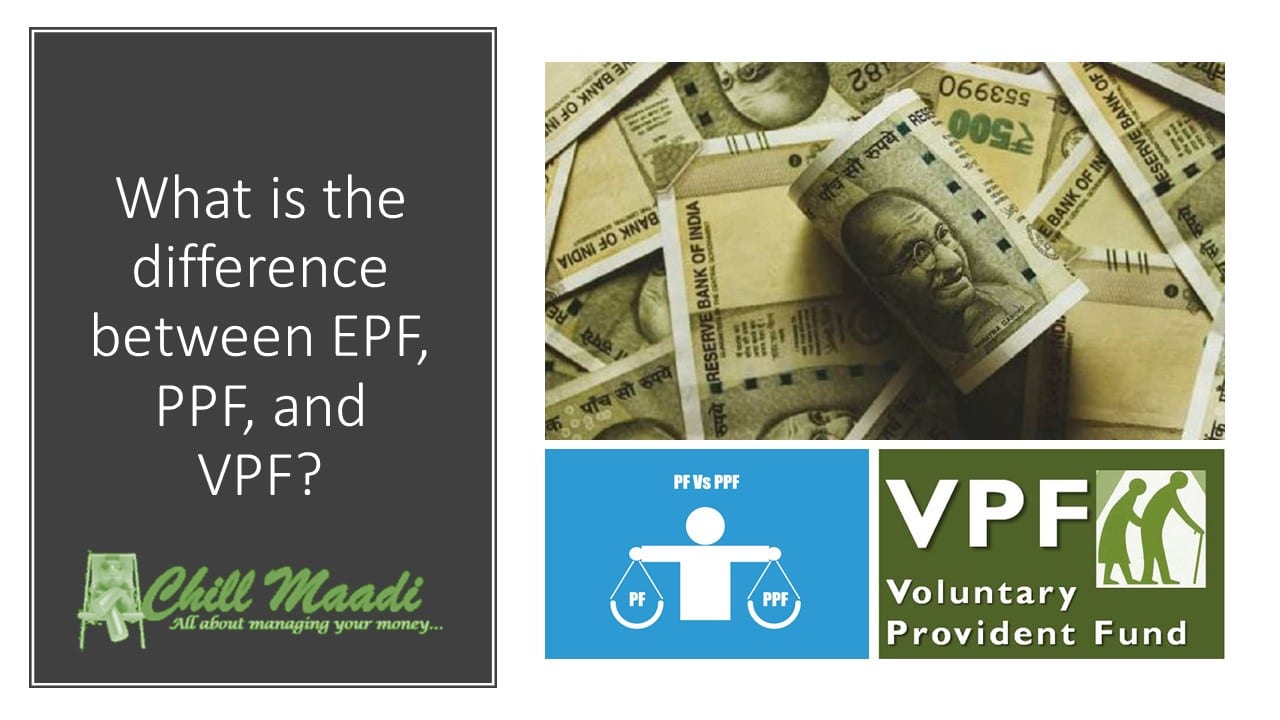What are the major personal finance mistakes that people do with their Personal finance management in India?
Personal finance management has always been tricky since the very beginning of the modern economy. And in India, people tend to get derailed while choosing the right tricks for managing the same. Moreover, they are not even aware of making the wrong selections for improving personal finance management. One will not make these same mistakes after going through this discussion.
Why is it not enough to invest in personal finance services?
Personal finance services like Fixed Deposits (FDs), Mutual funds, and Insurances will ensure monetary return and benefit. But you will still end up moneyless at the end of a financial year if you do not maintain your finance. So, here comes the personal finance management. A properly managed finance will ensure the optimum security of your finances.
The major mistakes to avoid
Imbalance in target and capability
Fixing a target of investment without realizing the capability is a major mistake. This way, personal finances get weaken. And the investor’s investment runs empty after some time. Always balance your target and capability for avoiding disruption in personal finance.
Fixing long term financial goal in the early days
Some people tend to fix long-term financial goals in their early career days. And after that, they realize how unworthy these are sometimes. You should start with long term insurances, mutual fund investments after stabilizing career.
Insurances are not a source of liquid money
Some investors cannot understand the real meaning of insurance. You cannot earn recurring money from insurances. These are for the redemption of monetary benefits after certain losses in life. So, you cannot expect liquid money from insurances.
Investing without a consistency
Investments need a certain level of consistency in life. You cannot expect a lot of returns without planned financial management. So, if you invest a lot for some years and stop doing the same for a few years, there will be the least benefit.
Ignoring retirement plans
Start with an authentic pension or retirement plan when you are young. Then you can invest a lot of money in premiums for bigger returns during old age.
Undisciplined expenditure
No one can save your finances if you do not know how to rule it. Undisciplined expenditure is one of the biggest reasons behind unsuccessful personal finance management. Regulate your needs as per your capability. And never go overboard with impulsive expenses.
Investing in gold
Indians love to grow their finances with gold value. But you must understand that the value of these precious metal changes as per world economy, stock markets, and many things. So, do not invest too much in gold.
Misunderstanding the types of insurances
There are lots of Insurance companies in the Indian market right now. So, the authenticity issue does matter for investing a huge amount in insurance. Always follow the guidelines of RBI to get the utmost help. Understand your need for insurances before investing in it. Keep it in mind that once you invest, you will have to pay premiums and keep repeating the same personal finance mistakes.
Depending too much on bank interests
In the Indian economy, banks are the primary sectors of investment. But now the scenario is changing with the passage of time. And, if you depend too much on the interests of deposited money in the bank, you will be lost. The scale of interests will be decreasing day by day as the modern economy is more dynamic.
Shopping imported products
India is still a developing country. The imported products come in the market with lots of duties. If you love to stock imported products, you will fail to save.
Having excess credit cards
Having too many credit cards can ruin your finance management. Shopping with too many credit cards can be confusing while paying the bills of the same. It might be surprising, but true. There are chances to cross your budget if you have countless credit cards. This is one of the major personal finance mistakes new professionals make.
Investing without asking any financial advisors
The Indian economy is changing day by day. So, it is better to ask a financial advisor for the professional management of personal finances. The information on the economic value is necessary to judge the need for the right amount of investment.
Finally
Managing personal finances can be easier with following these simple steps. Avoid the most common yet significant personal finance mistakes that people make while investing money. Likewise, personal finance management will be a lot easier than before in the Indian economy.

